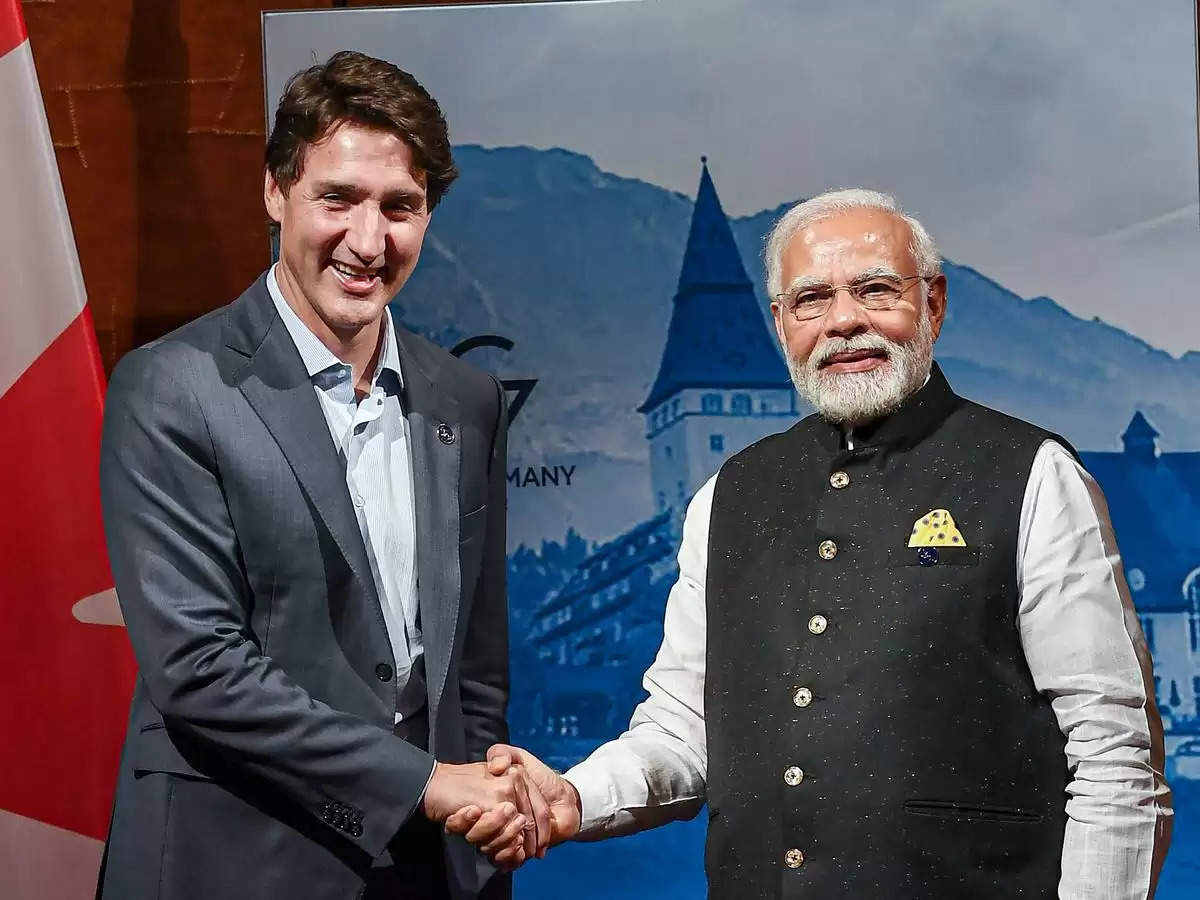A report exhorts Canada to sign a trade agreement with India like Australia did.

In the coming years, Canada should become one of India's largest trading partners by seizing the trade opportunity that India's rapidly expanding economy offers, according to a recent analysis on trade between the two countries. In their joint report, the Business Council of Canada and the Canada India Business Council make the case that India is crucial to Canada's Indo-Pacific strategy.
"Canada has strong reasons to diversify its economic partners. In recent years, both Democratic and Republican administrations have increased protectionist policies in the U.S., which accounts for the majority of our commerce. According to the paper titled "Why India: Unlocking Canada's Opportunity in the Indo-Pacific," our second-largest trading partner, China, has become a much riskier location to conduct business due to deteriorating diplomatic relations. The paper stated that Canada may gain from having a Comprehensive Economic Partnership Agreement (CEPA) with India despite the country not being a member of the recently established Indo Pacific Economic Framework for Prosperity.
A trade agreement with India must be reached quickly, according to a joint report from two of Canada's major trade organisations, as doing so will offer Canadian businesses "a leg up" over those from other nations. A Free Trade Agreement between Canada and India was recently discussed again, and it is anticipated that the talks would be finished by 2023, when India is slated to host the G20 meeting.
Trade was "quite robust."
According to the research, trade between Canada and India is "quite healthy," with an average annual growth rate of 12 percent between 2001 and 2019. Canada's exports to India increased throughout this time, going from $517 million to $3.9 billion. However, the paper contends that these figures do not give the "whole picture."
According to the report, India's economy has been diversifying and its "trade circle" has shifted away from North America and Europe and toward China, the United Arab Emirates, and the economies of Southeast Asia, including Singapore, Vietnam, Indonesia, and the Philippines. This change has prevented Canada from gaining a significant share of the trade that India offered.
Just 1% of the growth in international exports of products, services, and intellectual property to India during the past 20 years has come from Canada. According to a news release from the Canada India Business Council, "Bilateral investment is also underdeveloped, a concerning warning at a time when India is ready for an investment boom."
Therefore, it is anticipated that a Comprehensive Economic Partnership Agreement with India will assist Canada in reentering the trade orbit that New Delhi has shifted away from and assist Canada in competing with nations like the United Arab Emirates, China, and Vietnam that are emerging as important trade partners of India. According to the joint analysis, bilateral commerce could almost quadruple to $8 billion in the United States under a Comprehensive Economic Partnership Agreement.
Note of caution
The research mentions Australia's benefits in this area as a result of the trade agreement it concluded with India in April of this year. However, the research issued a warning, stating that a trade agreement with India alone would not be helpful as it would require the Canadian side to leave its "comfort zone."
In India, there is both potential and urgency. Competitors of Canada, such as the U.K. and Australia, are resolutely pursuing a trade advantage. With a trade agreement that, if done well, could benefit the economy for decades to come, Canada has an opportunity to be right there with them, the research said.
.png)